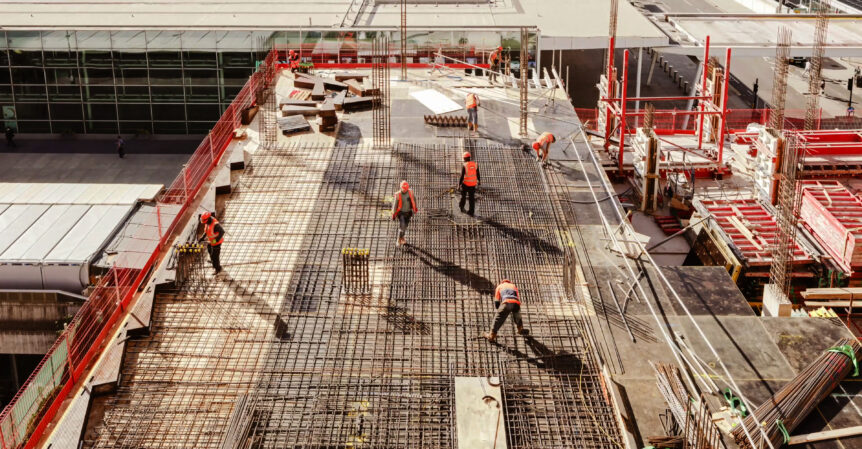Posted by Darrel K. Lamb, CPCU, AFSB The Rough Notes Company “Relationship” might be the most-overused word in American business (followed by “partnership”). It’s the topic of hundreds upon hundreds of songs in nearly every genre that illustrate love and support: “I’ll be there for you (‘cause you’re there for me too’)” —(Theme from Friends), The Rembrandts “If you’re lost, …
Contractors Must Know Their Contract and Strategize to Avoid Damage Claims
Posted by Thomas A. Littlefield, for OldRepublicSurety When a construction project is delayed, damage claims can result, and fingers are quickly pointed at the contractor to be held accountable for these damages. Planning for all the potential delays that can affect a project is not easy ― especially in the today’s unpredictable pandemic environment with its supply chain shortages, volatile …
The Difference Between a Balance Sheet and an Income Statement
Posted by Shayne Albine, for OldRepublicSurety We often get questions about financial statements and why they are important to the bond underwriting process. Underwriters will generally ask for several key financial documents, including a balance sheet and an income statement. These financials help us determine the liquidity of a business and its ability to generate income. A balance sheet indicates a company’s …
The Independent Agent’s Role in the Surety ‘Triangle of Trust’
Posted by Darrel Lamb, CPCU, AFSB, for OldRepublicSurety Any definition of surety will list the three signing parties in a contract surety relationship: the principal (or contractor), the obligee (or owner of the project) and the surety. But often overlooked is the trio of surety players who work together for mutual benefit: the surety, the principal and an independent agent. Steve Hanson, …
Choosing a Bond Producer for the Long Run
Posted by Mike Sanders, AFSB for Old Republic Surety The agent you select for your surety bonds has a tremendous impact on your ability to get a project bond approved. Bond producers are key partners in getting that first bond written as well as in growing your business over time as you go after larger projects. It’s important to choose …
Contractors Must Know Their Contract and Strategize to Avoid Damage Claims
By Thomas A. Littlefield for Old Republic Surety When a construction project is delayed, damage claims can result, and fingers are quickly pointed at the contractor to be held accountable for these damages. Planning for all the potential delays that can affect a project is not easy ― especially in the today’s unpredictable pandemic environment with its supply chain shortages, …
The Art of Saying No
Posted by Darrel Lamb, CPCU, AFSB, for OldRepublicSurety A few years ago one of my contractor clients wanted to bid a $24mm project. The project was about three times bigger than anything they had built to date, but the project made a lot of sense to them and after hearing the plan, it made sense to me, as a representative …
Planning, the Pandemic and Price Increases
By Rich Sghiatti for Old Republic Surety It’s been a topsy-turvy period for contractors, but one thing I stressed back in November hasn’t changed: Project managers need to have a backup plan. That’s a given, regardless of the times, but it’s been especially critical during the pandemic, when uncertainty has been the operative word. Smart managers must assume there will …
The Difference Between a Balance Sheet and an Income Statement
Posted by Shayne Albine for OldRepublicSurety We often get questions about financial statements and why they are important to the bond underwriting process. Underwriters will generally ask for several key financial documents, including a balance sheet and an income statement. These financials help us determine the liquidity of a business and its ability to generate income. A balance sheet indicates …
Q&A: Surety Bonds and the IIJa
By Kim Slowey for The Construction Broadsheet One of the big selling points of the recently passed, $1.2 trillion Infrastructure Investment and Jobs Act was that it would create opportunities in the construction industry. The IIJA includes approximately $550 billion of new spending, including $110 billion for roads and bridges, $66 billion for railroads, $65 billion for power grid upgrades, …










